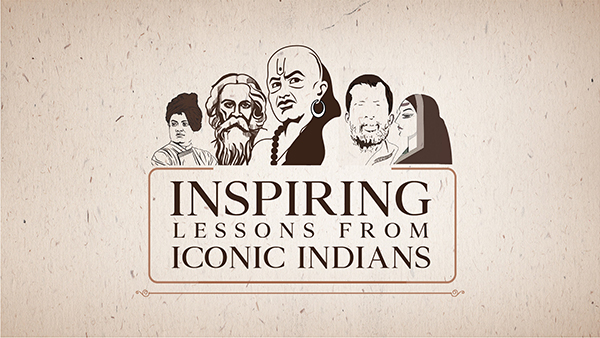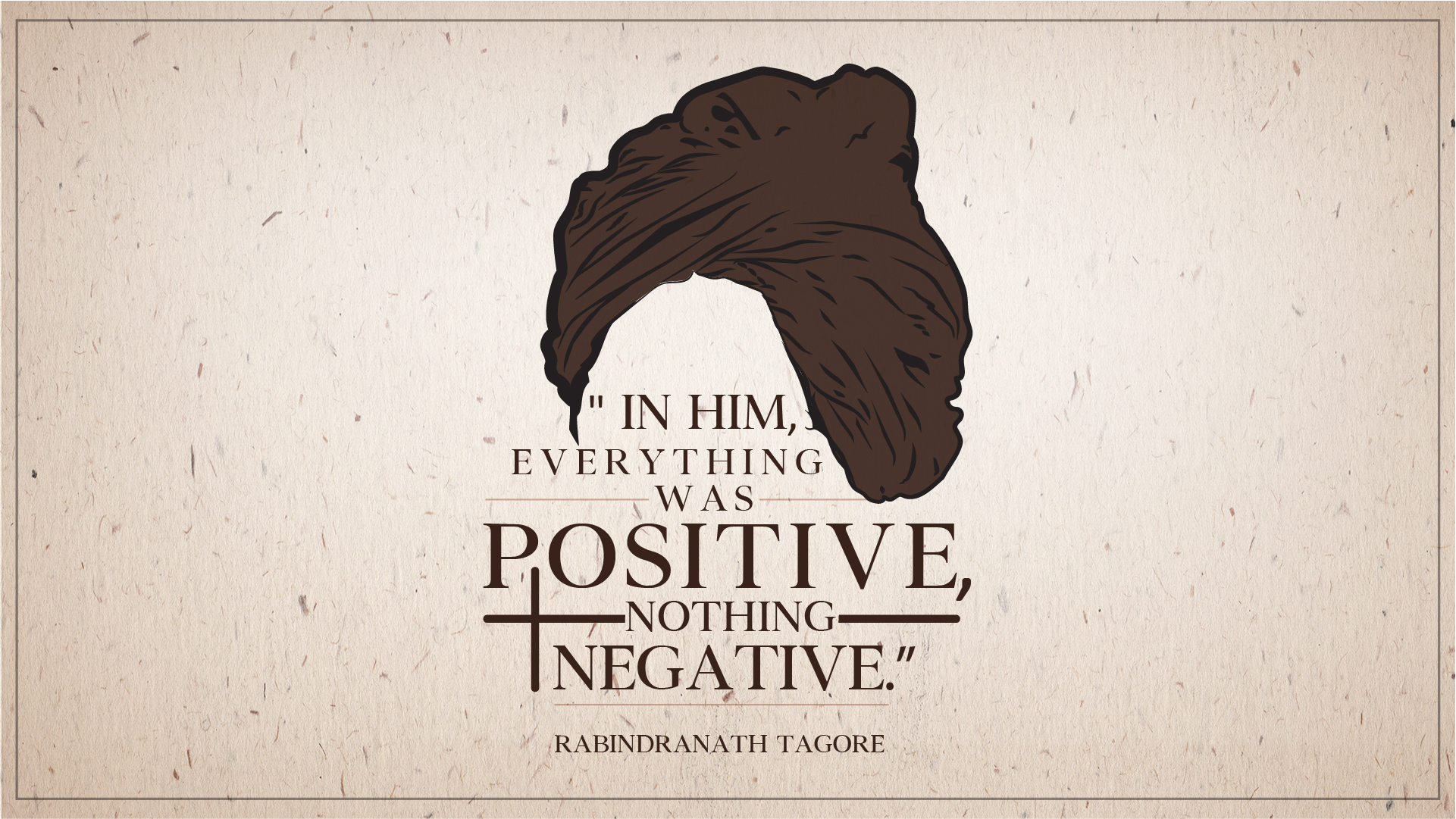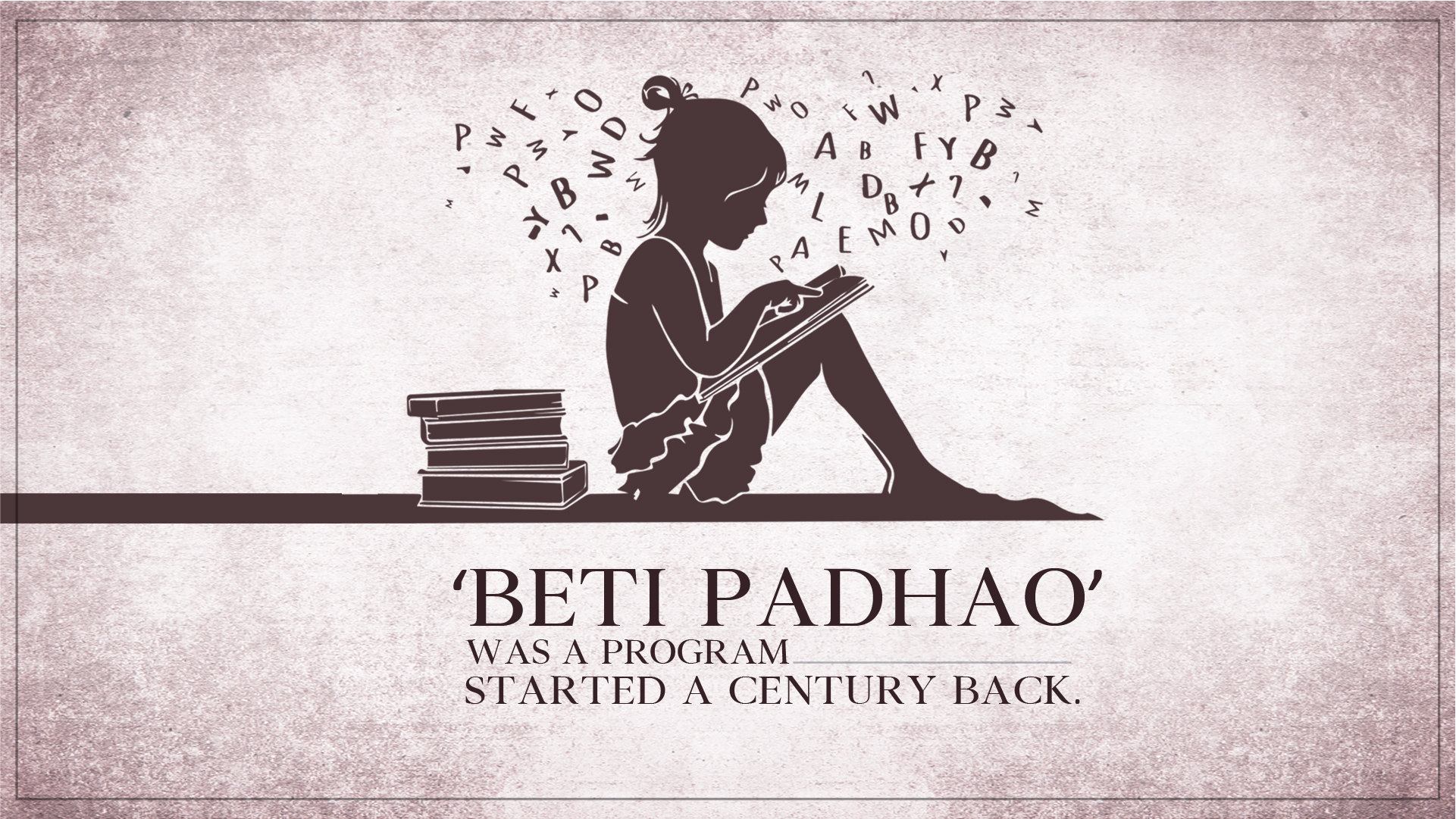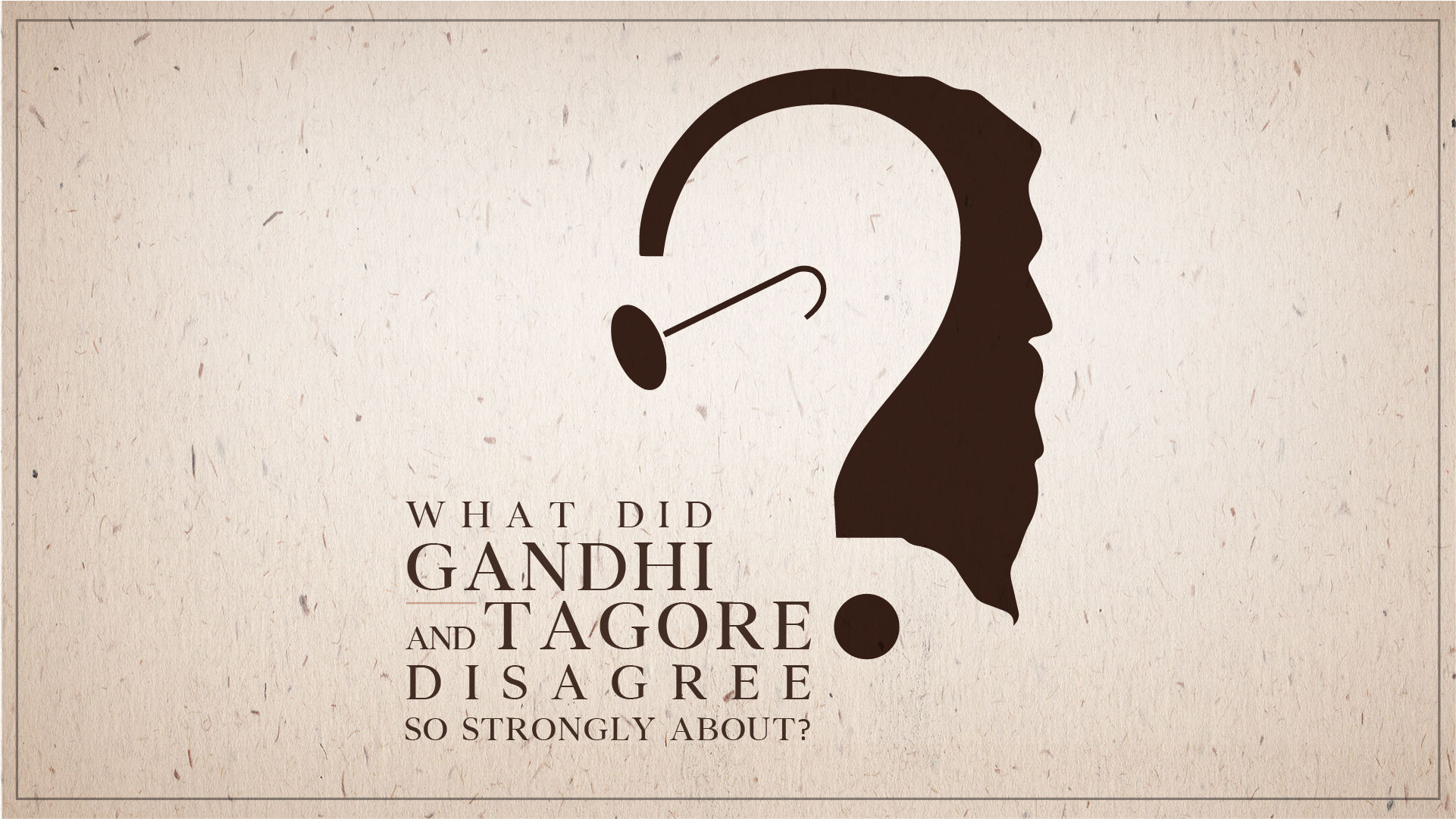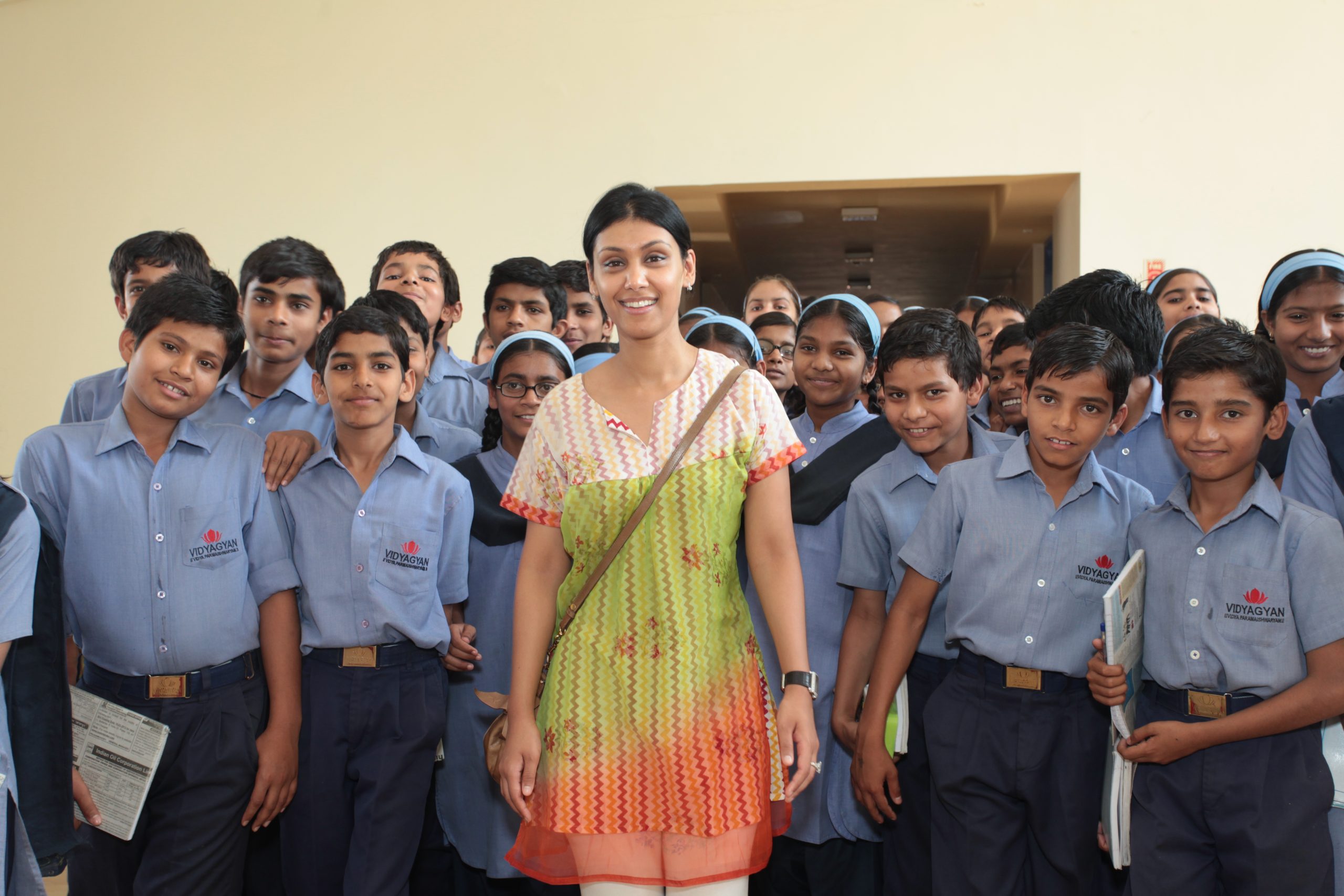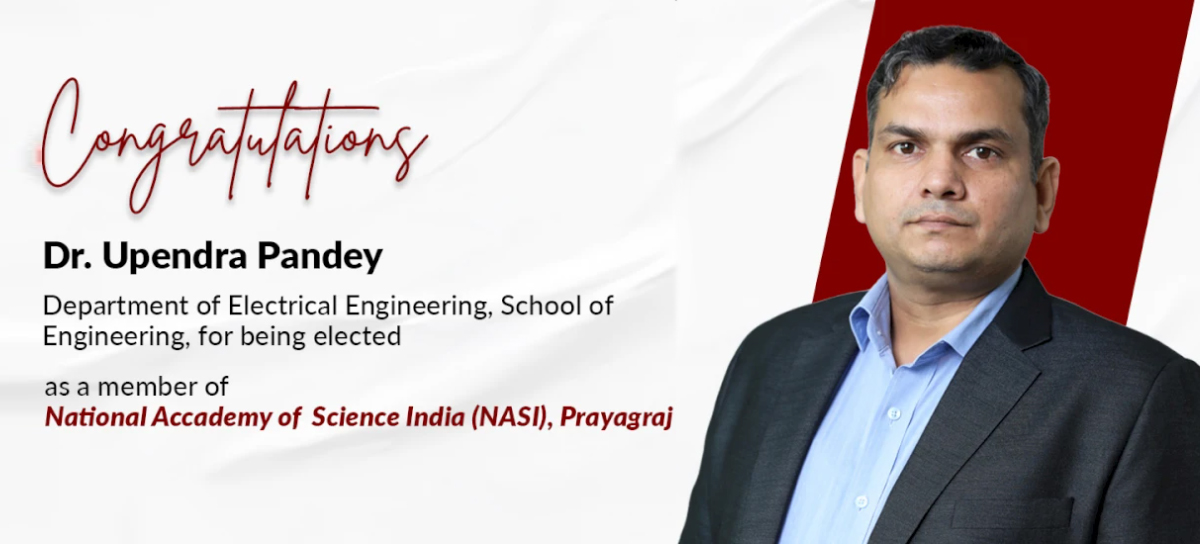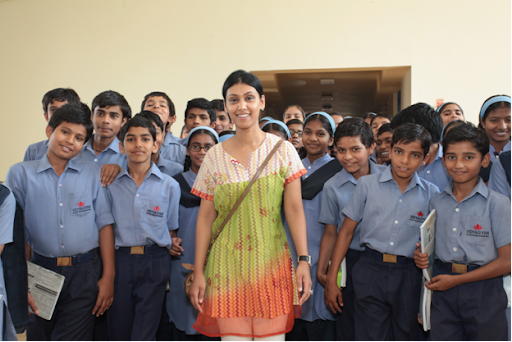How education improves the economy: A brief summary of the facts

“If a man neglects education, he walks lame till the end of his life.” (Plato)
We live in the Age of Data. Data improves our understanding of every subject, and economics is no exception. As more and more data has become available, one thing has become very clear. For any nation to progress economically, education is essential. Here is a quick summary of the facts that prove this.
The initial steps were in the area of theory. In his 1961 paper, ‘Investment in Human Capital’, economist Theodore Schultz introduced the Human Capital theory. Until this point, economics had divided human beings into workers and capitalists. The labour of workers was a ‘factor’, part of cold mathematical calculations of economic outcomes.
Schultz demonstrated that an improvement in human capital, in the knowledge and skills of workers, led to a rise in wages, leading to faster economic growth. While this may seem obvious now, at the time, it was a remarkable insight. Schultz integrated the idea into economic theory, exploring various scenarios. For example, he showed that the primary goal for developing human capital was economic. A worker would choose higher education based on a) the cost of that education and b) the increase in salary over a lifetime leading from this education. Anyone who has debated whether to do an MBA as an additional qualification will be familiar with this calculation.
Gary Becker and Amartya Sen developed these theories further. Becker explored the things required to develop human capital, including access, flexibility, and focus on vocational skills. Sen went beyond narrow economic considerations and focused on quality of life. His Capability Approach argues that economic growth cannot be sustained without meaningful human development. This approach is now the guiding principle behind globally accepted benchmarks such as the UNDP Human Development Index. Based on their work, for which each of the three received the Nobel Prize, others have now used data to prove beyond doubt, that education drives an economy.
How do we measure education? One simple measure is expenditure. An analysis using the World Banks’s WDI database, covering 151 countries, shows that for every $1 a government spends on education, GDP grows by $20. It shows that countries, which invested more in education during the period 1990-99, grew faster during 2000-2010. A meta analysis of 29 different studies, all of which used expenditure as a measure of education, showed slightly weaker results, with an increase of 0.2-0.3% in GDP, for every 1% of GDP spent on education.
But is expenditure the right measure? Spending money does not automatically lead to better education, as India’s own record since Independence makes obvious. Another measure could be years of schooling. Economists Eric Hanushek and Ludger Groessman have studied this. Using OECD data, they have analysed 50 countries to show that for each additional year of schooling, countries have added 0.37% to their GDP every year over the past 40 years. 0.37% may not seem like much, but it is important to note that since 1945, average global GDP growth has been 2-3%.
Even years of schooling has pitfalls as a measure. If the school is not good, extra years in school may not be helpful. This is where the latest data helps us to reach a clearer conclusion. Using PISA (Program for International Student Assessment) data, Hanushek/Groessman have constructed an index to measure the cognitive skill of students across 50 countries. Essentially, this measures how well they have been taught. This analysis showed that countries with just a 0.5 higher standard deviation from others in cognitive skills see GDP growing by a full one per cent extra every year. In other words, just a small improvement in the quality of education leads to a big leap in GDP growth.
This then, is the true value of education. For those of us who believe in education, this is the data we must present to others. This is the data that proves, once and for all, that of all the issues facing India today, education should be our No. 1 priority.


